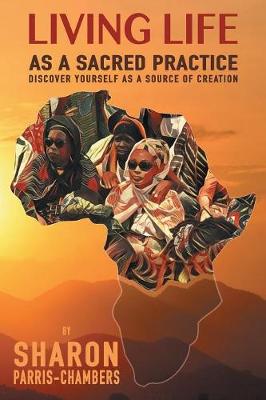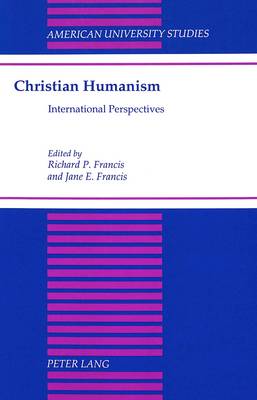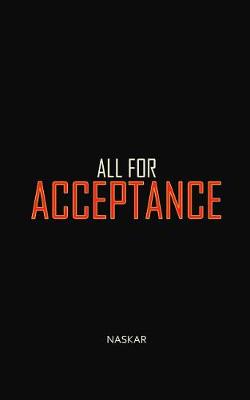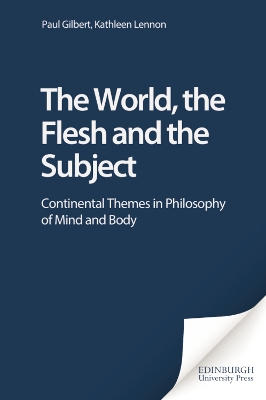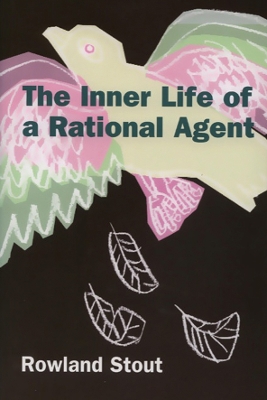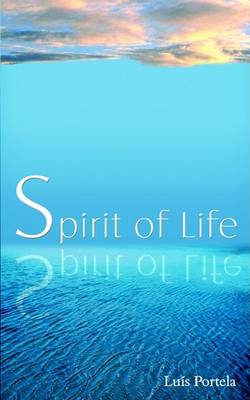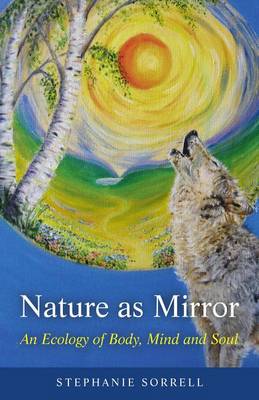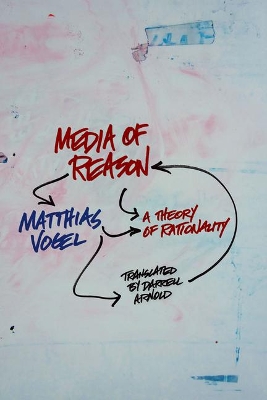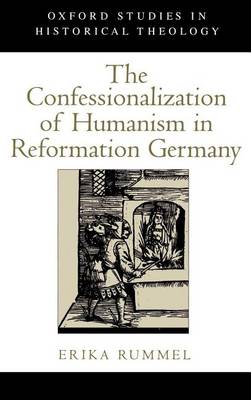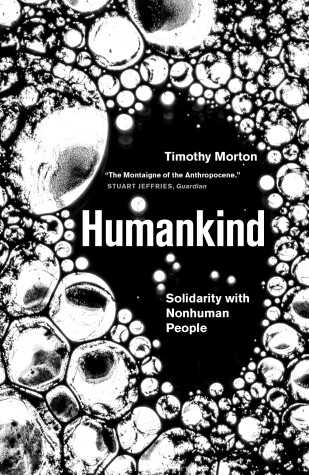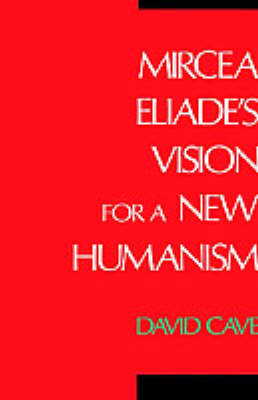The Oxford Francis Bacon XIII (The Oxford Francis Bacon, XIII)
by Francis Bacon
This volume belongs to the first new critical edition of the works of Francis Bacon (1561-1626) to have been produced since the nineteenth century. The edition presents the works in broadly chronological order and according to the best principles of modern textual scholarship. The seven works in the present volume belong to the final completed stages (Parts III-V) of Bacon's hugely ambitious six-part sequence of philosophical works, collectively entitled Instauratio magna (1620-6). All are prese...
Psychologie Und Anthropologie Oder Philosophie Des Geistes (Spekulation Und Erfahrung, II/24)
Christian Humanism (American University Studies, Series 7: Theology & Religion, #156)
The World, the Flesh and the Subject
by Prof Paul Gilbert and Kathleen Lennon
Here, for the first time, contemporary Continental thought comes into conversation with analytic philosophy on all the principal topics of philosophy of mind. Rejecting the dominant Anglo-American paradigm, which reduces mental phenomena to their roles in a scientific psychology, the authors present a non-mysterious, naturalistic alternative. Characterising mental life is, they seek to show, capturing the world from the point of view of the subject. But the subject is essentially embodied, so th...
A radical approach to the philosophy of mind, in which states of mind are identified with dispositions to behave in certain ways. The approach taken by Rowland Stout is a thoroughly up-to-date version of behaviourism, although not a form of behaviourism that denies the existence of consciousness, free will, rationality, etc., nor aims to reduce these to other sorts of things. Properly understood, the idea of being disposed to behave in a certain way is seen to be exactly as rich and interesting...
In 'Spirit of Life', Luis Portela talks about his broad range of experiences in several texts, which apparently are not related, but they all search for the truth, in a moralizing, constructive and elucidative way. Sometimes he talks about his trips and the pleasure of being in touch with nature, he makes us feel as if we were with him in these different places. At other times he tells short stories, in such a way that only a very sensitive person could do. He also reminds us of great historic m...
Aesthetic Theory (International Library of Phenomenology & Moral Science) (Continuum Impacts)
by Theodor W. Adorno
Theodor Adorno (1903-69) was undoubtedly the foremost thinker of the Frankfurt School, the influential group of German thinkers that fled to the US in the 1930s, including such thinkers as Herbert Marcuse and Max Horkheimer. His work has proved enormously influential in sociology, philosophy and cultural theory. Aesthetic Theory is Adorno's posthumous magnum opus and the culmination of a lifetime's investigation. Analysing the sublime, the ugly and the beautiful, Adorno shows how such concepts f...
Nature as Mirror addresses the natural cycles in our lives and the reflection of our own inner process in nature. Basing our psychospiritual development on the model of the tree a symbol of the continuity of life Stephanie Sorrell shows how we may understand the rhythms and cycles of the tree and integrate them into our vision in a conscious way. Through the lens of the natural world there is no such thing as death only transformation. Once we understand this we can transform our lives by removi...
Modest Proposal, A: Webster's Arabic Thesaurus Edition
by Jonathan Swift
Corpus: An Interdisciplinary Reader on Bodies and Knowledge
by Monica J. Casper and Paisley Currah
Media of Reason (New Directions in Critical Theory, #18)
by Matthias Vogel
Matthias Vogel challenges the belief, dominant in contemporary philosophy, that reason is determined solely by our discursive, linguistic abilities as communicative beings. In his view, the medium of language is not the only force of reason. Music, art, and other nonlinguistic forms of communication and understanding are also significant. Introducing an expansive theory of mind that accounts for highly sophisticated, penetrative media, Vogel advances a novel conception of rationality while freei...
In this controversial and stimulating book, Michael Ruse explores the ways in which biological theory, expounded in Charles Darwin's great work, `On the Origin of Species', can most fruitfully inform philosophical understanding. Continuing the debate on evolution in general, and Darwinism in particular, the author demonstrates the ways in which accepting our `animal' nature influences our perception of the external world and our moral dealings with other people. `This, I venture to say, is the b...
Philosophy and Love introduces historical and contemporary philosophical reflections on love. It brings together philosophy with cultural analysis to provide an accessible and engaging account of conventional theories of love as well as the controversial reformulations evident in same-sex desire, cross-cultural love and internet romance. Starting with Plato, but focusing especially on contemporary European philosophy, this book introduces figures such as Nietzsche, Beauvoir, Irigaray, Derrida an...
The Confessionalization of Humanism in Reformation Germany (Oxford Studies in Historical Theology)
by Professor of History Erika Rummel
What is it that makes humans human? As science and technology challenge the boundaries between life and non-life, between organic and inorganic, this ancient question is more timely than ever. Acclaimed Object-Oriented philosopher Timothy Morton invites us to consider this philosophical issue as eminently political. In our relationship with non-humans, we decided the fate of our humanity. Becoming human, claims Morton, actually means creating a network of kindness and solidarity with non-human b...
"By one of the 20th century's great psychological and social thinkers, a pocket-sized collection on the importance of disobedience and the authentic voice of the individual"--
Much has been written on Mircea Eliade (1907-1986) and his work on the history of religions, but little attention has been given to Eliade's idea of a `new humanism' for modern culture. Yet this vision, as David Cave argues in this detailed analysis, was the motivating impulse behind much of Eliade's life and work as a scholar of religion and as a writer.

